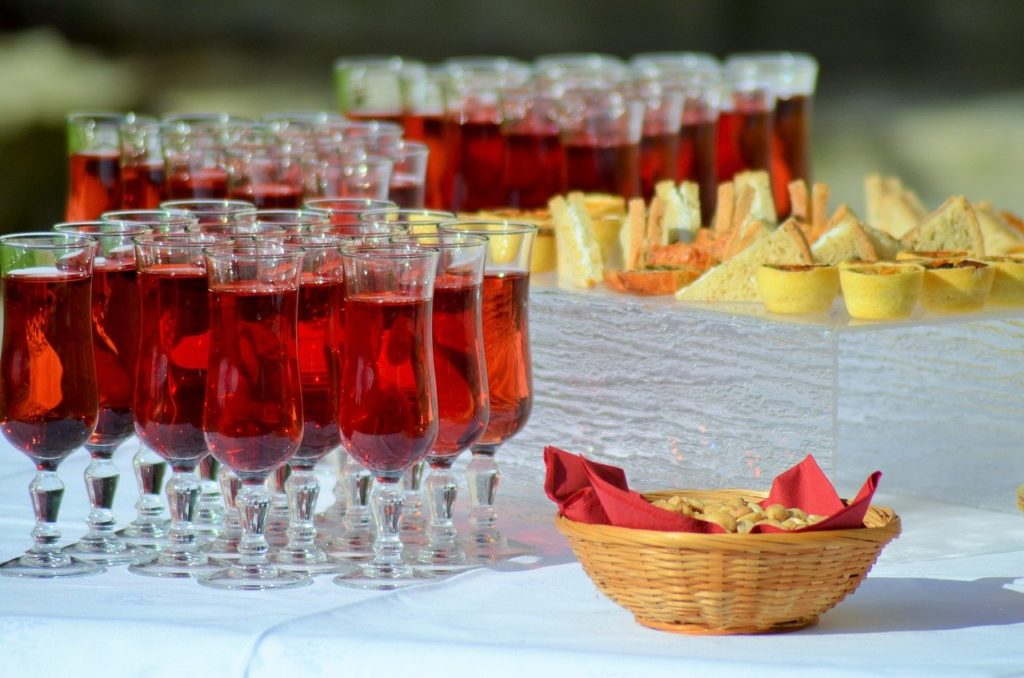The Importance of Independent Universities … Oxford as an 800 year case study
In this short talk I will give a very personal view of Oxford University and its development in the UK. Drawn from a long association with Oxford University, particularly Balliol and Brasenose Colleges, although I did begin at St. John’s College, Cambridge.
Oxford ‘University’ came into existence around 1250. Actually it was a group of colleges ( Balliol being among the first and there are currently ~35 colleges). They were religious, all male, foundations designed to produce the clerics for the churches but also to allow further intellectual pursuits and that continued for the next ~600 years. The students lived in these colleges and were taught by the fellows of the college singly or in small groups . This remains the case today … an environment that promotes verbal prowess but also shared experiences (dining, games, entertainment) which forges strong and enduring friendships. The allegiance is to the college and the cohort of students and teachers. Only in the mid 19th century did major changes occur, promoted by the then Master of Balliol, Benjamin Jowett. University lectures and examinations were introduced and importantly the University issued a student with the degree.
A important change occurred in the late 19th century when women were ‘allowed’ to listen to university lectures and a number of institutions (later to become colleges) were founded. In the 1920’s women being awarded degrees by the university! Now there are as many women as men students and all colleges are co-educational. The current Vice-Chancellor ,Louise Richardson, is the first woman to hold the post.
Over the years there have been many changes in the subjects studied. In the early 16th century Henry 8th broke from the Catholic Church which affected the theology ‘taught’ in the university. The Civil War in Britain in the early 17th century led to the establishment of the Protestant church in the Country and Oxford. Ancient Greek and Latin culture in addition to theology were studied. This was known as ‘Greats’ and through to the modern day it has attracted many students particularly amongst those hoping to enter politics. That was the course Boris Johnson studied in Balliol. In the early 20th century a new degree was introduced, in Philosophy, Politics and Economics (PPE) – the ‘modern’ Greats!!. This together with the Oxford teaching experience has attracted many current politicians. Since the mid ‘50’s Oxford counts amongst its Prime Ministers, Macmillan, Hume, Wilson, Heath, Thatcher, Blair, Cameron, May, and Johnson. A stranglehold you might say! This is however just a continuation of the 17th and 18th century. Oxford has always had a greater political influence than Cambridge.
In the mid 17th century Halley, Hooke and Boyle were working in Oxford and where the Royal Society (the pre-eminent science society in the world) was founded by Charles 2nd . Science grew throughout the 18th , 19th and 20th centuries. Florey was working on penicillin in Oxford in the early part of the 20th century and this led to the Oxford/AstraZeneca vaccine for COVID. Medicine has also become an expansion point with the creation of major hospitals all providing essential medical care but also first rate scientific research. Oxford has had a major impact throughout COVID, featuring on the TV and in the press almost daily.
This research support has changed the demography of the student population. In 1965 there were ~10,000 undergraduates and ~2,500 postgraduates, while in 2020 these figures are now ~10,000 and ~10,000 respectively.
The Oxford University Press with an annual turnover of ~£800m/annum makes transfers to the university each year. The annual teaching and research activities of the university are around ~£750m/annum. So the Vice Chancellor and her staff oversee a ‘business’ with an annual turnover of ~£1.5B/annum!.
Success breeds success …. In recent years the university has received major philanthropic donations totalling ~£1Bn, increasing its ability to pursue novel directions of research.
In my view Oxford is successful because:
- The university and colleges have always enjoyed a degree of independence (from governments) by virtue of their endowments.
- There is a constructive devolution in the governance/operation of the university/college structure.
- The intellectual environment supports new people and new activities and the institution can move quickly.
- The areas of the Law and the Humanities still retain their importance and relevance to society.
- The university is truly cosmopolitan at all levels and moreover the balance between men and women approaches 50:50 !
- Finally, it has had both influence with and the financial support of successive govts.
Prof. Roger Cashmore CMG,FRS

